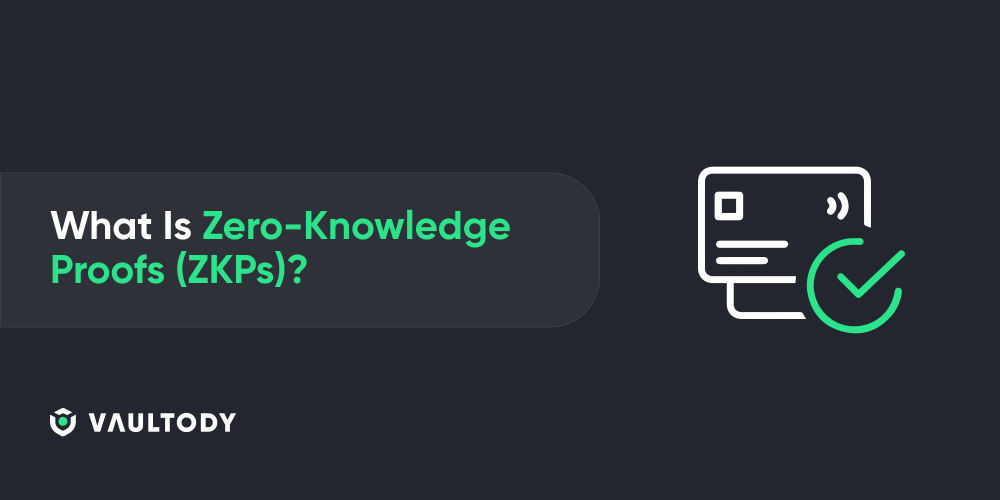Zero-knowledge proofs (ZKPs) dates back from 1985, when the term was first introduced in the field of cryptography by Shafi Goldwasser, Silvio Micali, and Charles Rackoff. Their paper presented the concept of zero-knowledge proofs and the possible varieties of application.
In essence, zero-knowledge proofs is a cryptographic protocol concerned with verification and validation of statements without revealing any details other than the fact that the statement is true. This means that the prover can prove knowledge of a solution to a problem without revealing the solution itself.
The concept of ZKPs has been gaining attention across different industries over the years and it currently has its own application in various domains, including cryptography, computer science and blockchain technology.
Zero-knoweldge proofs provide a powerful tool for privacy-preserving computations, authentication protocols, secure communication, and more. The goal of zero-knowledge proofs is to establish trust and verify the authenticity of information or transactions without revealing sensitive or confidential data. The high degree of privacy is attained through the no-data revelation concept in which provers must convince their verifies that they possess certain knowledge or data without disclosing information.
Zero-knowledge proofs are designed in such a way that they are convincing to the verifier with a high degree of probability. However, they are also designed to be computationally infeasible for the prover to cheat or fake the proof.
The concept of zero-knowledge proofs can be challenging to understand without delving into the technical details of cryptography. However, the basic idea is that the prover can demonstrate knowledge of a secret or a solution to a problem by performing a series of interactions with the verifier without revealing the actual secret or solution. The verifier, through these interactions, becomes increasingly convinced of the truthfulness of the claim.
Which ZKPs types are used in blockchain protocols?
ZKPs find their own application in the blockchain technology due to their key role in enhancing privacy and security. There are four different zero knowledge proof types which are commonly used in blockchain protocols.
zk-SNARKs (Zero-Knowledge Succinct Non-Interactive Argument of Knowledge). They are widely used in blockchain platforms like Ethereum and Zcash, enabling statement verification without revealing details about the underlying data. Their efficient and compact proof generation and verification makes the zk-SNARKs type suitable for decentralized systems.
Bulletproofs. Bulletproofs are a non-interactive zero knowledge proof protocol, offering efficient range proofs. They allow for proving that a value lies within a certain range without disclosing the actual value. Bulletproofs have been implemented in cryptocurrencies like Monero, where they help ensure transaction privacy and reduce blockchain bloat
zk-STARKs (Zero-Knowledge Scalable Transparent Arguments of Knowledge): zk-STARKs are more resource-intensive than zk-SNARKs but provide transparency and scalability advantages. They allow for the generation of succinct proofs without requiring a trusted setup. zk-STARKs have the potential to be used in various blockchain applications, including decentralized finance (DeFi) and supply chain management.
zk-Range Proofs: zk-Range Proofs are used to prove that a value falls within a specified range without revealing the exact value. They are commonly employed in blockchain systems to prove that a transaction output is within a valid range, such as proving that a transaction amount is non-negative.
These are just a few examples of zero-knowledge proof types used in blockchain. The specific choice of zero-knowledge proof depends on the requirements of the blockchain protocol, including considerations such as security, efficiency, privacy, and scalability. New zero-knowledge proof constructions and improvements continue to be researched and developed, expanding the options available for blockchain developers.









 Copy link
Copy link